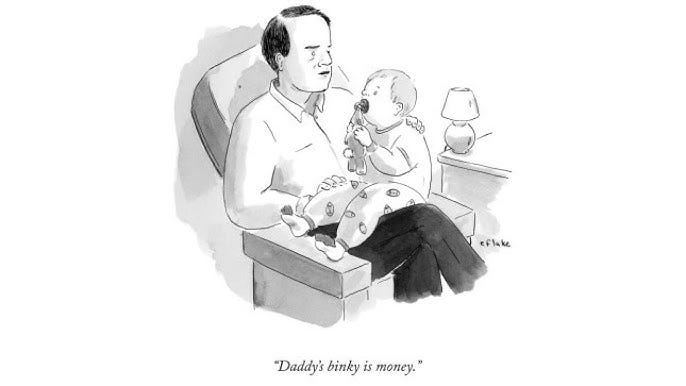On Neocons
Zôion politikòn (Man is by nature a political animal)
A neoconservative is a left-winger who has been ambushed by reality.- Irving Kristol
What is the first thing one thinks of when one hears or reads East vs West? A fan of hip hop - Biggy vs Tupac, A Straussian Bloom vs Jaffa, a political scientist China vs America. How should one understand the politics of humanitarian intervention? Do American leaders de…



